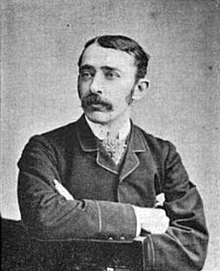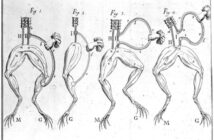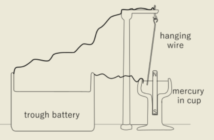
John Ambrose Fleming, an electrical engineer and physicist, is generally considered as the father of modern electronics. His contribution to the field has ushered the development of the electronics industry.
Fleming was born on November 29, 1849 in Lancaster, England. At a young age, he was already a genius. He graduated with top honors in chemistry and physics. He completed his doctorate degree at the University of Cambridge in 1880. After earning his doctorate degree, he taught at Cambridge University and the University of Nottingham, where he was the first professor and chair of electrical engineering.
In 1899, Fleming was hired as a consultant for the Marconi Company. He helped in designing power plants and radio communication system. At this time, radio communication was still in its infancy stage.
After studying the Edison effect which he had seen previously in the U.S., Fleming thought that it could help him on his projects at Marconi, particularly rectifying alternating currents. His experiments were successful. His device called the Fleming valve, also known as the vacuum diode, oscillation valve or the kenetron, made wireless communication possible. In 1904, Fleming acquired a patent for his diode.
The invention of the Fleming valve was a major breakthrough in the electronics industry. Even though the Fleming valve had a little impact when it was first invented, it became the predecessor for many important inventions.
Among those inventions was the three-element vacuum tube called Audion. It was invented by the American engineer Lee DeForest in 1906 after reading Fleming’s paper about the valve. The Audion was refined into a triode, which was an integral piece on radars and radio communications prior the invention of the transistor in the 1960s.
Fleming claimed that DeForest had infringed his patent on the Fleming valve. A costly patent suit ensued which lasted until 1943 where the United States Supreme Court ruled in favor of DeForest.
In 1926, Fleming resigned as the chair of the electronics technology in University College London after 42 years of holding the post. He was 77 at that time. Being retired did not keep Fleming from continuing his involvement in the development of electronics. He was the president of the Television Society for 15 years.
Awards and honors:
- Knighted in 1929
- Elected Fellow of the Royal Society 1892
- Hughes Medal 1910
- Duddell Medal of the Physical Society
- Faraday Medalist of Institution of Electrical Engineers 1928
- Institute of Radio Engineers’ Gold Medal in 1933
Related articles:



